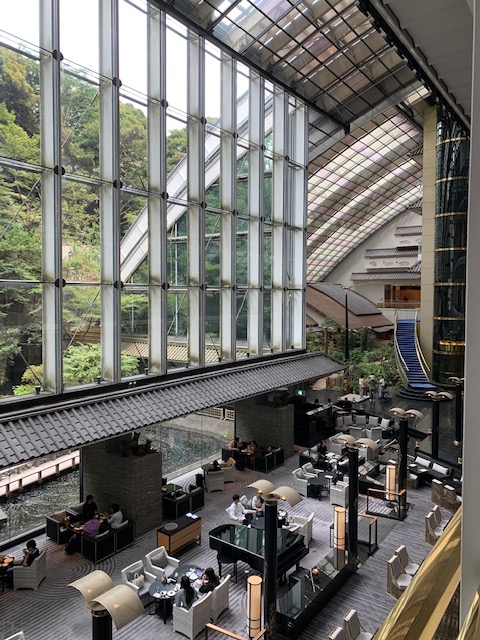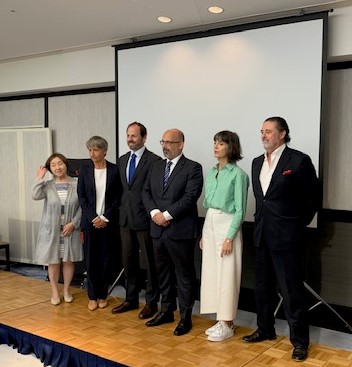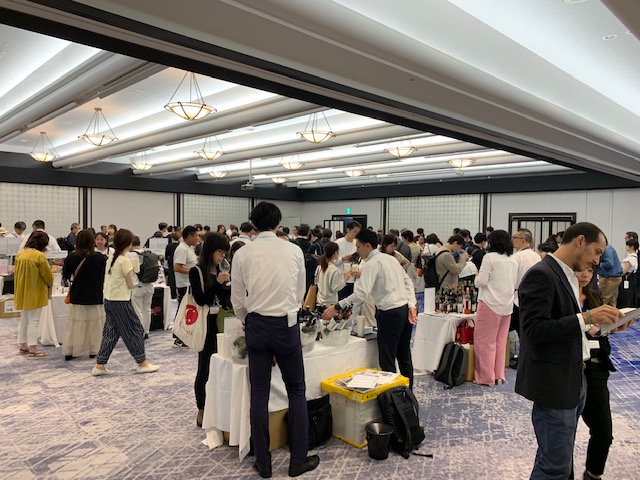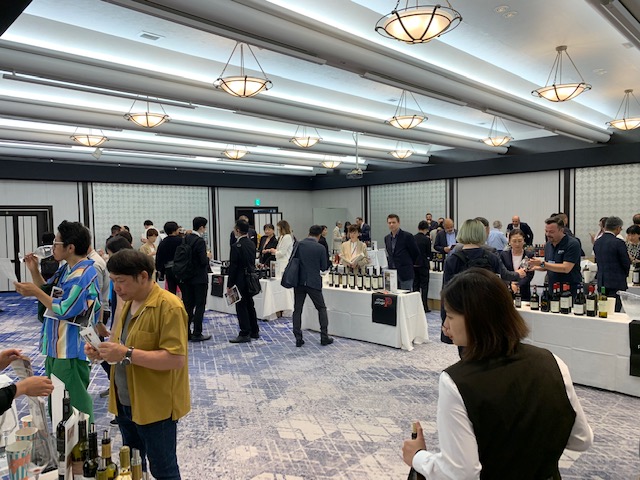
On June 27, 2023, a major wine-related event was held at one of Tokyo’s most attractive hotels—Hotel Gajoen, which is located in Meguro. The Portuguese Wine Grand Tasting, which was organized by Wines of Portugal, supported by the Embassy of Portugal, and facilitated by the indefatigable Yumi Tanabe, President, “Sakura” Japan Women’s Wine Awards, featured thirty-eight producers. Nearly all areas of Portugal were represented and, according to Mr. Frederico Falcão, President, Wines of Portugal, “more than 330 wines [were] available for you to discover what Portugal can do best.”1 The Grand Tasting was open to retailers, distributors, restaurateurs, hoteliers, importers, and the press, to name but a few. Anyone entering the event under the illusion that Portugal is just Port was quickly disabused of that notion. Though the puissant Port was present, as was that other fortified wine—it’s not just for cooking—Madeira, a wide array of wines was available for sampling. I am primarily interested in wines made from indigenous varieties, of which Portugal has many, but at the tasting I was very much impressed with a varietal that is not associated with Portugal, Petit Verdot. The wine I tasted was Belveder Petit Verdot (PV) by Quinta Da Romaneira, a Douro winery established in 1757. Of the numerous exceptional wines I encountered on that day, Belveder was in a class by itself. It is 100% PV, underwent malolactic fermentation, and was aged in French oak barrels for one year. The tasting notes state that “it has a tight structure…and well-integrated oak notes. It is a strong wine that combines both freshness and purity of fruit that gives it a very long finish.”2 I concur. The abv is 15.5%.

The tasting was preceded by both a press conference and a wine class. I attended both. At the former I posed a question that has long interested me: “Was the administration of Antonio Salazar [1889-1970] largely beneficial or detrimental to Portugal’s wine industry?” The response: “…good and bad.” The reason given for the former assessment was that Salazar’s policy with regard to wine was inward facing. Rather than promoting the growth of international varieties like Cabernet Sauvignon, Syrah, and Chardonnay, the focus was on indigenous grapes, which are now highly valued. The downside was the neglect of the export market at a time when other countries, Germany, for instance, were hotly pursuing overseas markets.

The wine class was conducted by Mr. Takenori Beppu and was entitled “Portugal’s Whites Crisp Cool Climate,” which was appropriate considering that the venue, a conference room at the hotel, was exceedingly cool, owing to a powerful air conditioner that took its job rather seriously. Mr. Beppu presented eight wines, including a couple of Vinho Verde, but I was intrigued by the last wine served, Quinta do Paral Vinhas Velhas Branco, 2018 from the Alentejo region, which had a nose of honey, stewed fruit, apricot, and loquat.


1Statement made at press conference.
2http://quintadaromaneira.pt/en/client/skins/geral.php?id=51&share=true